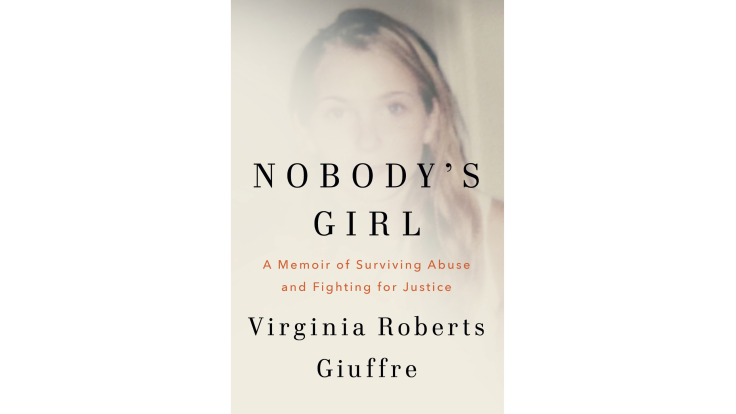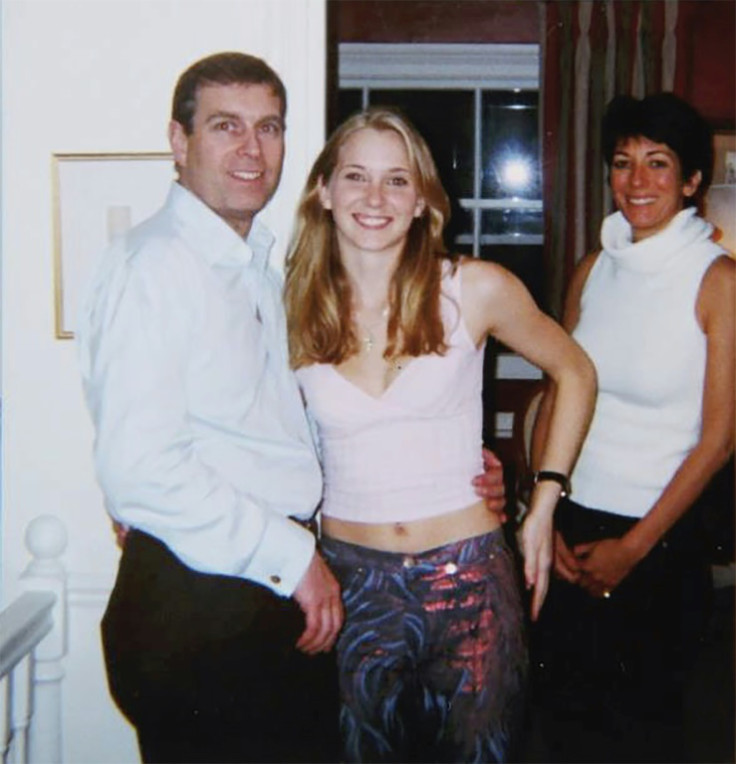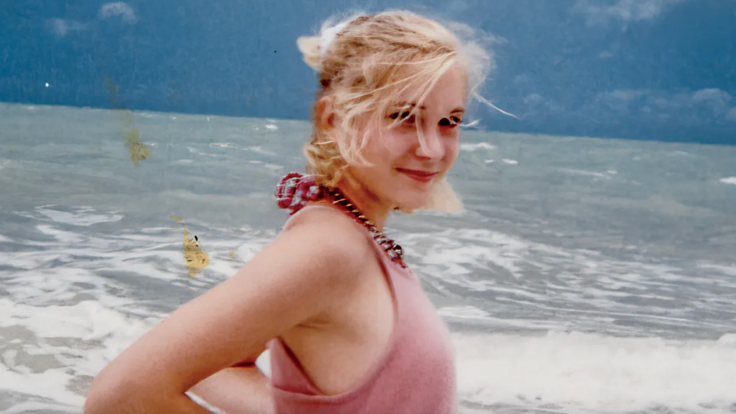Prince Andrew Told Virginia Giuffre His Daughters Were 'Just a Little Younger' While Trying to Guess Her Age
Extracts from Giuffre's memoir, include new first-person detail of an encounter that has long bedevilled the royal family.

Virginia Giuffre's posthumous memoir, Nobody's Girl, published this month, recounts in harrowing detail the night she alleges she was trafficked to Prince Andrew's home in London in March 2001 and says the then-41-year-old royal guessed her age as 17, adding, according to her account, that his daughters were 'just a little younger than you'.
The passage, released in advance extracts and confirmed by the publisher, has renewed outrage and fresh scrutiny of a scandal that has shadowed the monarchy for years.
New Evidence From the Victim's Own Account
Giuffre's memoir is being published posthumously by Alfred A. Knopf on 21 October 2025 and presents an extended first-person narrative of grooming, trafficking, and abuse spanning the late 1990s and early 2000s.
In an extract published by The Guardian, she describes being introduced to Prince Andrew at Ghislaine Maxwell's Belgravia townhouse, Maxwell urging the guest to 'guess Jenna's age' and, Giuffre writes, the duke correctly answering '17'.

The book places that response alongside a joke reportedly made by Maxwell and subsequent allegations about sex that Giuffre had previously set out in court filings.
Giuffre's account echoes testimony and sworn depositions that surfaced during legal fights in the United States, but the memoir places these episodes in a fuller personal chronology and emotional context.
The new material — small details and conversational lines such as the daughter's comment — matters because it is presented as the victim's own recollection rather than press shorthand or court summary.
Why the Remark Matters Politically and Publicly
That purported remark, aligning an alleged victim's age with the ages of the duke's children, has inflamed public opinion precisely because it touches on the core issue at the heart of the case: the juxtaposition of a powerful man's family life with a teenager's exploitation.
Princess Beatrice and Princess Eugenie were, respectively, 12 and 11 in March 2001, facts that underscore the visceral reaction many readers feel on learning the comparison. Critics say such language, if accurately recalled, underscores a disturbing normalisation of underage sexualisation among the social circles centred on Epstein and Maxwell.

For the palace, the memoir presents a renewed reputational challenge. Prince Andrew has long denied Giuffre's allegations and settled a civil suit in New York in 2022 for an undisclosed sum, while denying liability.
The settlement did not contain an admission of guilt, but it did not end public debate about whether the monarchy and British institutions did enough to investigate or to distance themselves from Epstein's network.
The Memoir's Wider Claims and Corroboration
Nobody's Girl does more than rehearse the well-known photograph that became emblematic of the scandal; it aims to reconstruct Giuffre's entire experience of grooming and trafficking, the routes she was moved on, and the names of influential figures she alleges were involved.
Excerpts released to media outlets and a full excerpt on CBS News confirm the book contains passages that were previously used in depositions and other court documents, but also new personal reflections and scenes intended to convey the long-term toll of abuse.
However, caution should be taken about how memoir is a different evidential category from sworn deposition or criminal conviction, yet they also stress that first-person narratives can direct investigators to fresh lines of inquiry.
In this case, the memoir's publication has already prompted renewed calls from some MPs and victims' groups for further official scrutiny and for institutions to explain what they knew and when.

Beyond the legal and constitutional angles is the human cost that Giuffre's words convey: the fragmentation of a life, the courage to tell traumatic memory publicly, and the ambiguities that survivors confront when their testimony is filtered through tabloids, courtrooms, and palace statements.
The 'daughter' remark is jarring, not just because of its content but because it humanises the power imbalance in a way that is hard to dismiss as mere hearsay; it places a teenager's vulnerability next to a family image of normality.
As Britain and the world re-read the details Giuffre chose to leave behind, the central questions remain: what new information does the memoir add to existing records, and how should institutions — legal and royal — respond?
© Copyright IBTimes 2025. All rights reserved.


















